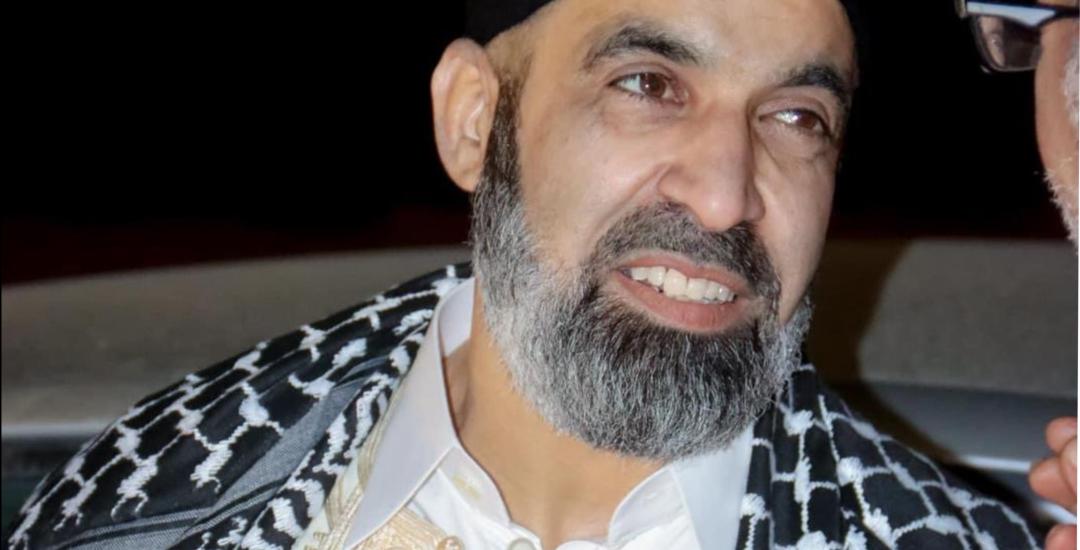
On Sunday, 10 March 2024, the Special Deterrence Forces (SDF) in Libya released Abdelhakim Imbarak Muhammad Ali, also known as "Abdelhakim AL MECHERI," after nearly eight years of arbitrary detention without judicial proceedings, Alkarama learned from its sources.
On 11 August 2021, Alkarama submitted a request to the UN Working Group on Arbitrary Detention (WGAD) which recognized the arbitrary nature of AL MECHERI's detention by the SDF and which arrested him in Libya in 2016.
The SDF in Libya
The SDF, a militia led by Abdel Raouf Kara, is one of the main security forces in the Libyan capital, Tripoli. The SDF theoretically falls under the Ministry of Interior but, in reality, operates independently. This militia also controls many strategic locations in the capital, which are beyond the control of any judicial authority, including the Mitiga Airport. These forces arbitrarily detain hundreds of people in the prison under their control at Mitiga Airport (west of Tripoli).
The United Nations has addressed the issue of arbitrary detention in Libya, while various human rights organizations have reported alarming violations committed with impunity by Libyan militias, including the Special Deterrence Forces.
In recent years, Alkarama has also received numerous testimonies of arbitrary arrests and abductions of individuals, some of whom are still missing. Abdelhakim Imbarak Muhammad Ali (AL MECHERI) is among the Libyans victimized by the abuses of this militia.
Concerned about the ongoing situation in the country, Alkarama had called on the UN WGAD to intervene for AL MECHERI and several other victims. Alkarama also emphasized the importance of placing all these militias under the effective control of the government and the judiciary without exception.
Background of the case
After the abduction, AL MECHERI's relatives sought information about his whereabouts and received confirmation from unofficial sources that he was detained at the Mitiga International Airport detention center under the control of the SDF.
In an official letter dated 25 October 2016, the Attorney General requested that AL MECHERI be brought before him, but the victim remained without legal protection and was not presented before any judicial authority, nor allowed visits. AL MECHERI was sometimes allowed to communicate with his wife via video call.
AL MECHERI and his family were unaware of the accusations that led to his arrest. However, he informed one of his relatives that he had been questioned about his trip to Gaza in 2013 during the Israeli blockade while he was on a humanitarian mission. Although the family attempted to seek clarification on his case, they could not take further action for fear of reprisals, until he was finally released.
UN Working Group Opinion
In its Opinion No. 62/2021 issued on 17 November 2021, the WGAD considered the deprivation of liberty of Libyan citizen AL MECHERI to be arbitrary. The decision of the Working Group was made following a complaint filed by Alkarama on 11 August 2021, which reported numerous violations of the victim's rights under international human rights law, including the International Covenant on Civil and Political Rights.
UN experts recognized that AL MECHERI's deprivation of liberty had no legal basis and that the Libyan authorities had failed to fulfill their legal obligation to inform the victim of the reasons for his arrest and the charges against him. The experts also noted that "judicial control of deprivation of liberty is a fundamental safeguard of individual liberty and is necessary to ensure that detention has a legal basis."
In its Opinion, the Working Group also reported several serious violations of the right to a fair trial. It considered the prolonged detention of more than five years without "trial within a reasonable time" to be a "manifest violation of the right to be tried without undue delay" and a "violation of the presumption of innocence" guaranteed by several international instruments.
Furthermore, the Libyan authorities were cautioned against violations of fundamental legal guarantees during detention and called for respect for detainees' rights to regular contact with their families and their right to a lawyer without delay immediately after their detention.
In this context, the experts also expressed concern about the widespread arbitrary arrests in Libya, noting that "under certain circumstances, widespread or systematic imprisonment or other severe deprivations of liberty may constitute crimes against humanity" and urged for the reintegration and establishment of national security forces under state command and control.
